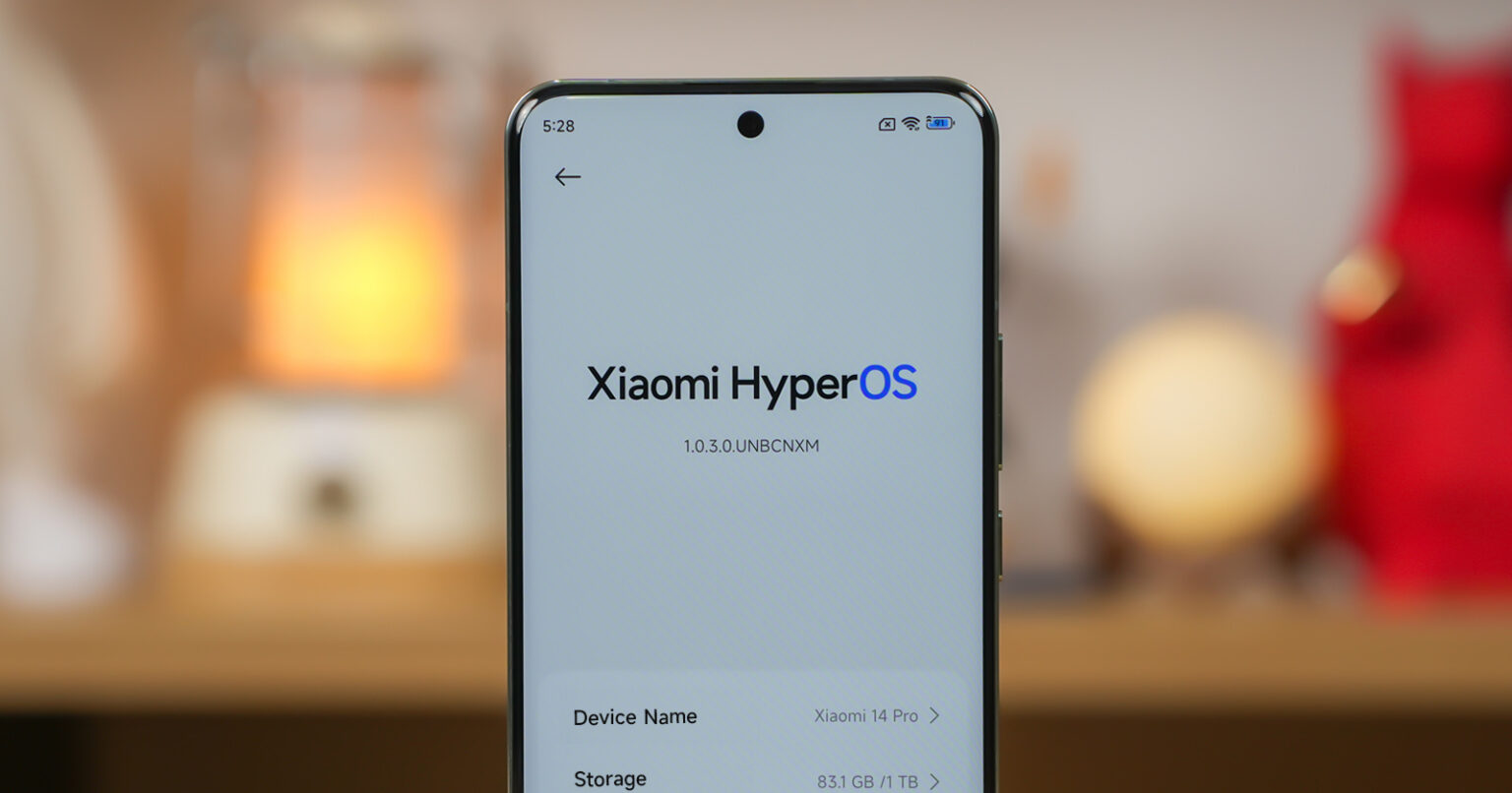As one of the most powerful language models available today, ChatGPT has the potential to revolutionize the world of search engines. While Google has long been the dominant player in this field, the emergence of AI-based technologies like GPT-3 is challenging the status quo and offering new possibilities for how we search for information online.
Here are some of the ways that ChatGPT could be the future of search engines:
- More natural language search queries
Traditional search engines rely on users typing in keywords or phrases to find information. However, ChatGPT can understand natural language queries, making the search process much more intuitive and user-friendly. This means that users can ask complex questions and receive accurate and relevant results, even if they don’t know exactly what they’re looking for.
- Improved accuracy and relevance of search results
ChatGPT can analyze and understand context, which means it can provide more accurate and relevant search results. Unlike traditional search engines that rely on algorithms to determine relevance, ChatGPT can consider a wide range of factors, including the user’s search history, location, and other contextual information. This can lead to more personalized and useful search results.
- More conversational search experiences
One of the most exciting aspects of ChatGPT is its ability to carry on conversations with users. This means that search queries can become more like conversations, allowing users to refine their queries and receive more specific results. For example, a user could ask ChatGPT for recommendations for the best restaurants in a specific neighborhood, and then refine their search based on specific dietary requirements or cuisine preferences.
- Better understanding of user intent
Traditional search engines often struggle to understand the intent behind a user’s search query. This can lead to irrelevant results and frustrated users. ChatGPT, on the other hand, can analyze the context and intent behind a user’s query, leading to more accurate and relevant results.
- Ability to learn and adapt
As an AI-based language model, ChatGPT can learn and adapt over time. This means that as it interacts with users and receives feedback, it can improve its understanding of language and become better at providing relevant and accurate search results. This continuous learning process means that ChatGPT will only get better over time.
While ChatGPT is still in its early stages, it has the potential to revolutionize the way we search for information online. By offering more natural language queries, improving the accuracy and relevance of search results, providing conversational search experiences, better understanding user intent, and being able to learn and adapt, ChatGPT could become the future of search engines. As AI technology continues to evolve, we can expect to see even more exciting developments in this space.










